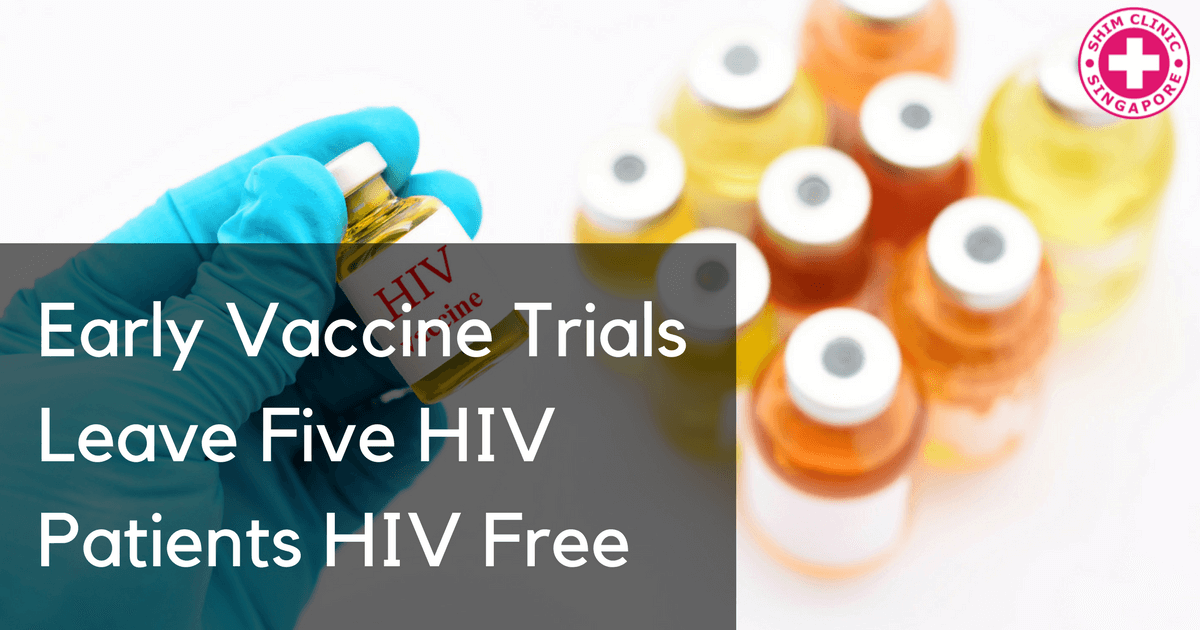Researchers in Barcelona have been able to successfully suppress HIV in 5 people by using a new vaccine based treatment. The new development is hope for people living with HIV as an alternative treatment where they do not have to take medication on a daily basis.
According to the UN, about 18 million people who represent half the number of people living with HIV in the world take daily antiretroviral medication (ART) to slow the development of the virus. The drugs are expensive and may sometimes have side effects that are not so pleasant.
In 2015 alone, the cost of providing ART to patients in middle-income countries according to the New Scientist was $19 billion. Additionally, patients have the tiresome responsibility of remembering to take medication every day and for some people, this is for the rest of their lives. The new treatment if implemented can help save on cost as well as time used to take medicines.
The Study
The research was conducted using 24 participants over three years at the IrsiCaixa Aids Research Institute in Barcelona. The researchers gave the participants, all who recently tested positive for HIV, two vaccines. The vaccines were created in such a way that they stimulate the production of white blood cells in the body which can then discover and destroy cells that have been infected by HIV. The participants continued with the ART treatment with the researchers monitoring the progress of their immune responses.
The vaccines were created in such a way that they stimulate the production of white blood cells in the body which can then discover and destroy cells that have been infected by HIV. The participants continued with the ART treatment with the researchers monitoring the progress of their immune responses.
A dose of one of the vaccines was given to 15 respondents as well as romidespin, a cancer drug. Romidespin is known to completely remove the HIV virus from the tissues where it can hide in an inactive form. The virus quickly returned in 10 of the patients and began to spread again. As a result, the patients were put back on ART treatment.
Interestingly, in 5 out of the 24 respondents, the viral load successfully remained low to an undetectable level and the spread of the virus brought to a halt by their immune systems. For the 5, they did not have to take ART on a daily basis for a number of weeks and for one among the five, they did not have to take the drugs for up to seven months.
Recommendations from the Study
Despite the trial being carried out on a small scale, if carried out on long term systems, the treatment could help calm the tide on the HIV epidemic. This may be done by making the HIV infection in the over 37 million people who live with it undetectable and therefore bringing to an end the spread of the virus.
Furthermore, the use of the treatment instead of the antiretroviral treatment that requires individuals to take medication on a daily basis could be a huge advancement in the fight against HIV. In addition, the treatment could save the world a lot on what is spent to give people living with HIV ART drugs.
In conclusion, the trial should be done on a larger population to further ascertain its effectiveness. Also, the researchers who carried out the study in Barcelona should find out why the treatment worked for the 5 respondents and why it did not work for the other 19.
The information could be used as leverage for making the study work better. All that is left for people living with HIV is for them to pray that it works for them and that the treatment will be easily accessible to them. In the meantime, HIV PEP treatment is available for people who have been exposed to the HIV virus for preferably less than 72 hours, to reduce the chances of becoming HIV positive.
Source: The New Scientist

